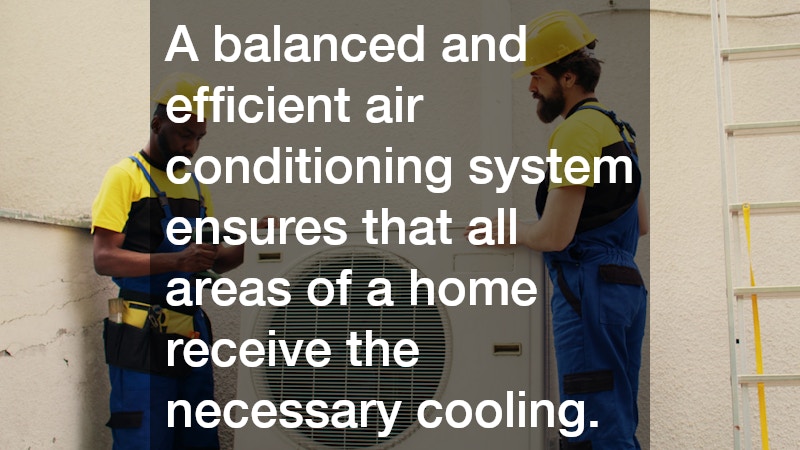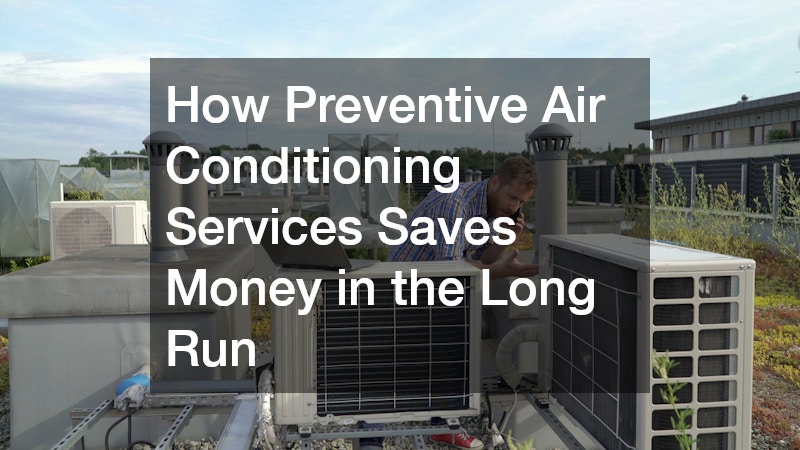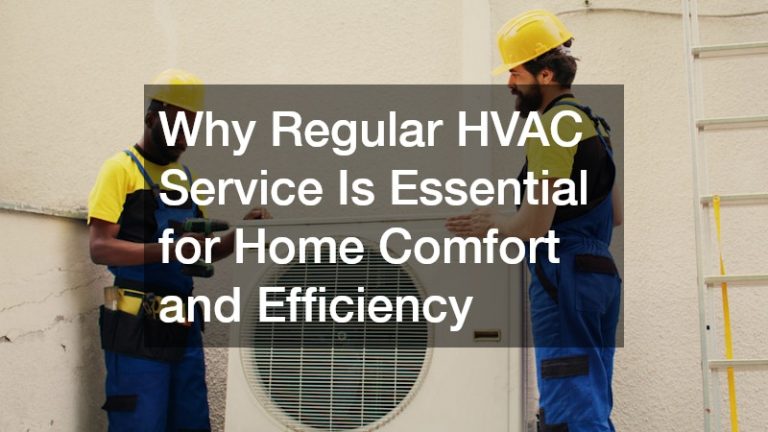Air conditioning services are a crucial aspect of ensuring the longevity and efficiency of air conditioning units. Regular attention to these systems not only enhances performance but also contributes significantly to cost savings over time, making it a wise investment for homeowners and businesses alike.
How does regular air conditioning maintenance prevent costly repairs?
Identifying Minor Issues Early
Regular maintenance schedules enable technicians to spot minor issues before they escalate. By addressing these faults early, homeowners can avoid more significant and expensive repairs that could arise from neglect.
Technicians can identify leaks or worn-out components during routine checks. These early detections often mean the difference between a simple fix and an extensive, costly repair down the line.
For instance, a small refrigerant leak, if caught early, can be sealed promptly, preventing a compressor failure. Such proactive measures ensure that systems run smoothly and avert potential breakdowns that are not only inconvenient but also financially burdensome.
Enhancing Component Efficiency
Maintenance plays a vital role in ensuring that all components of an air conditioning unit function at their best. Optimally functioning parts reduce the strain on the system, minimizing wear and tear.
When components like coils or fans are clean and well-maintained, the system uses less energy to achieve desired cooling levels. This reduction in energy use translates to fewer breakdowns and a longer lifespan for the unit.
Efficiency enhancements also mean that the system doesn’t have to work harder than necessary, which would otherwise lead to significant wear and tear. By maintaining efficient components, homeowners can avoid the high costs associated with frequent repairs and replacements.
What are the financial benefits of energy efficiency from well-maintained air conditioning systems?
Lower Energy Bills
One of the most immediate financial benefits of maintaining air conditioning systems is the reduction in energy bills. An efficient air conditioning unit consumes less power to achieve the same cooling effect, resulting in lower monthly utility expenses.
With regular servicing, air conditioners operate at their peak efficiency, which means they require less electricity to cool the same space effectively. This efficient operation translates into tangible savings on energy costs each month for homeowners.
Over time, these savings accumulate, providing a significant financial cushion that can be utilized elsewhere. Investing in regular maintenance thus provides a cost-effective way to manage utility expenses in the long term.
Extended System Lifespan
Proper maintenance extends the lifespan of air conditioning systems, postponing the need for a costly replacement. Regular upkeep allows units to operate efficiently and reduces the deterioration rate.
A well-cared-for air conditioning system might last several years longer than a neglected one. This extension in lifespan delays the significant financial investment required to purchase and install a new system.
Moreover, by avoiding premature replacements, homeowners can allocate their resources more efficiently. The extended lifespan resulting from diligent maintenance ensures continued savings and reliability over time.
Are there ways that preventive maintenance impacts air quality and overall comfort?
Healthier Indoor Air Quality
Preventive maintenance significantly improves indoor air quality by keeping allergens and dust at bay. Regular cleaning prevents the accumulation of harmful particles that can circulate through the home, posing health risks.
Clean filters and ducts ensure that the air distributed by the HVAC system is free from contaminants. This proactive approach is particularly important for individuals with allergies or respiratory issues, promoting overall health and well-being.
By maintaining a clean and efficient system, unpleasant odors and pollutants are minimized, enhancing the living environment. Healthier air quality is a direct benefit of routine air conditioner maintenance that shouldn’t be overlooked.
Consistent Comfort Levels
Preventive maintenance directly contributes to maintaining consistent comfort levels within living spaces. When systems are regularly serviced, they provide uniform cooling without the need for constant thermostat adjustments.
A balanced and efficient air conditioning system ensures that all areas of a home receive the necessary cooling. This consistent climate control improves comfort and reduces the likelihood of hot or cold spots.
By ensuring even distribution of conditioned air, occupants can enjoy a steady indoor environment. Consistent comfort is a critical advantage of routine system checks and maintenance work.
Regular preventive maintenance for air conditioning systems is an investment that yields significant financial benefits while enhancing living conditions. By identifying issues early and improving component efficiency, costly repairs and replacements are minimized, and energy bills are reduced. Additionally, maintenance supports better indoor air quality and consistent comfort levels, making it an essential practice for any property owner committed to maximizing savings and quality of life.







